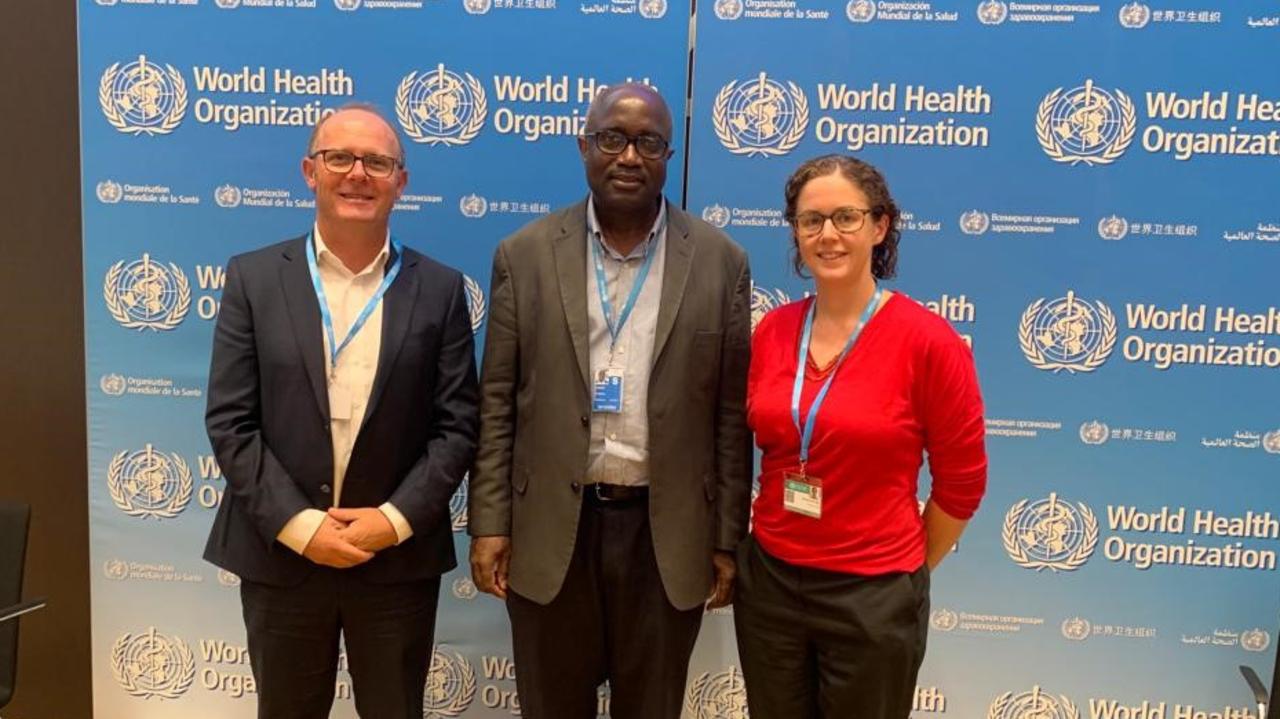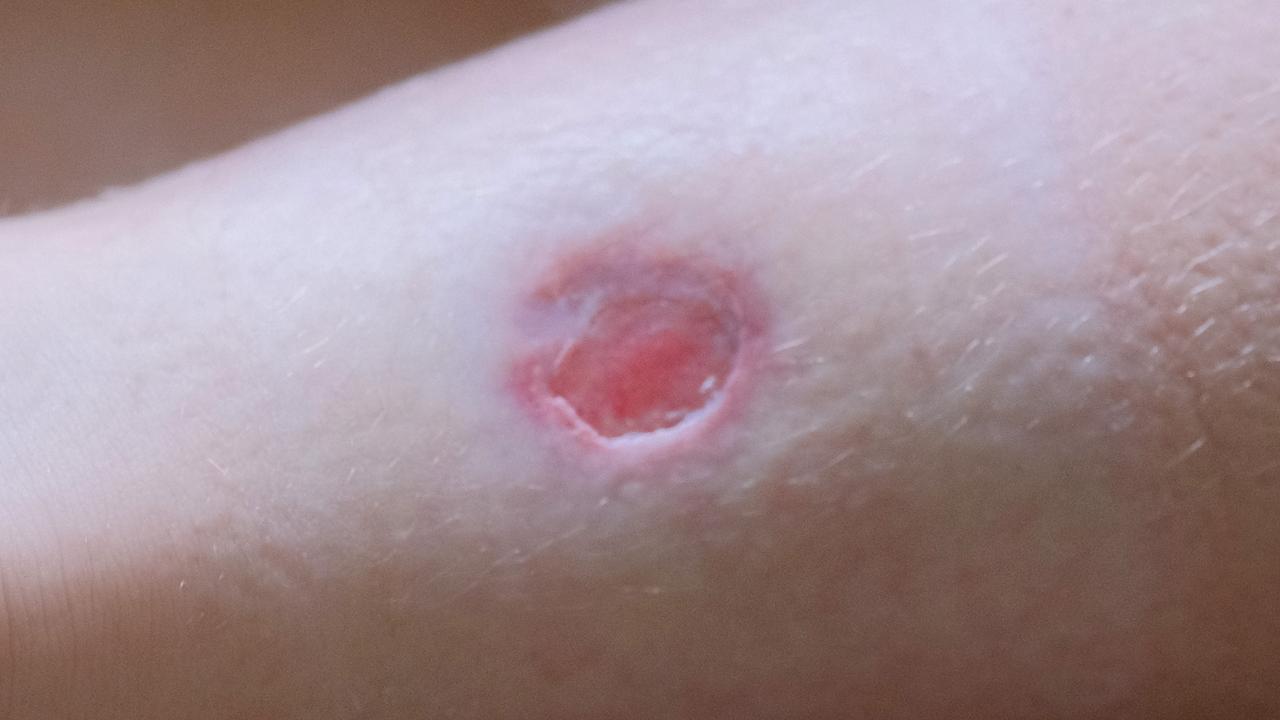Barwon South West public health unit presents on Buruli ulcer to WHO
Local experts on a flesh-eating ulcer found across Geelong have travelled to Switzerland to present potential solutions to the World Health Organisation.

Local experts have travelled to Switzerland to share insights on a flesh-eating ulcer found around Geelong, with vaccinating possums being investigated as a potential way to reduce risk.
Representatives from the Barwon South West public health unit presented to the World Health Organisation (WHO) in Geneva last week.
They discussed the Buruli ulcer, also known as the Bairnsdale ulcer, a skin disease caused by the bacterium Mycobacterium ulcerans.
The condition has been linked to mosquitoes and possums.

Associate Professor Daniel O’Brien presented on new research exploring vaccination in possums as a way to reduce Mycobacterium ulcerans infection in this species, and reduce the bacteria in the environment.
“We are hoping to see if we can reduce the impacts of this devastating disease in possum populations which would possibly assist reducing transmission to humans,” he said.
Last year was Greater Geelong’s worst on record for Mycobacterium ulcerans, with 47 cases.
The toxins made by the bacteria destroy skin cells, small blood vessels and the fat under the skin, which causes ulceration and skin loss.
Epidemiologist Dr Bridgette McNamara presented on research led by Barwon Health and CSIRO that examined environmental risk factors associated with presence of Mycobacterium ulcerans in Victoria in environmental field surveys at properties across endemic areas.
This study examined where in residential properties the bacterium was most likely to found and features associated with acquisition of the condition.
These findings suggested an important role of possums as a reservoir host with high amounts of bacteria found in their faeces.
The team also presented identified preventive measures that suggest a combination of skin hygiene and protection measures such as cleaning wounds, using insect repellent and clothing coverage are likely to mitigate risk of Buruli ulcer.
The meeting brought together experts in and people affected by skin neglected tropical diseases (NTDs) and representatives from WHO, ministries of health, government agencies, academic and research institutions.

Buruli ulcer is considered an NTD.
NTDs are a diverse group of 20 conditions that are mainly prevalent in tropical areas, where they affect more than 1 billion people who live in impoverished communities, WHO says.
According to WHO they are neglected because they are almost absent from the global health agenda.
Greater Geelong has recorded four cases of Mycobacterium ulcerans so far this year, according to health department data.
Over the same period last year it recorded three.
Last year health officials warned the disease was spreading to new areas in the Geelong region.
In Victoria, Buruli ulcer was most commonly reported in localised, coastal areas, but more recently, it has been observed to be spreading geographically, according to the health department.
The public health unit is closely monitoring the situation locally.
The disease is not transmissible from person to person.
More Coverage
Originally published as Barwon South West public health unit presents on Buruli ulcer to WHO





